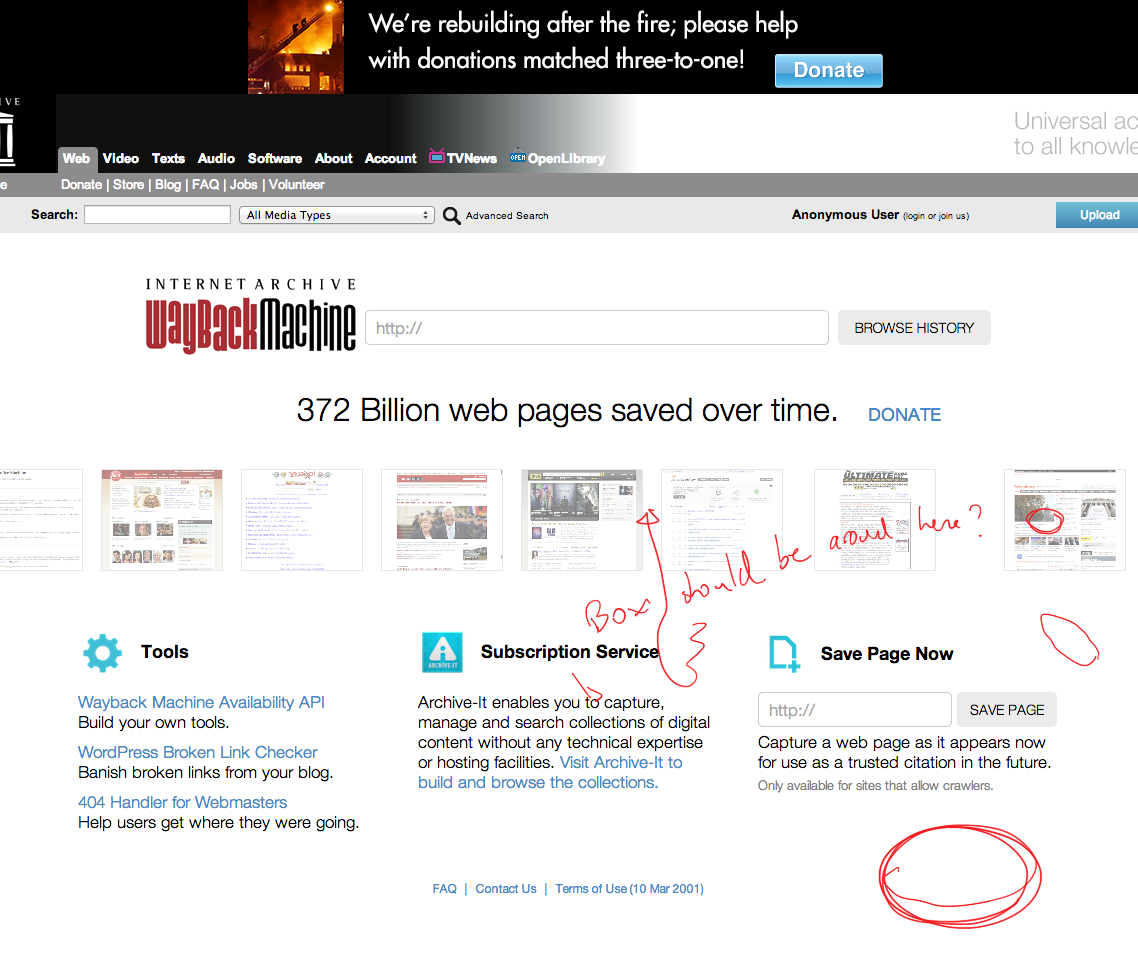At the moment, when a site is closed to due to insufficient activity, it's taken offline and archived.
I'd like to propose an alternative approach.
- Let's keep all the content online.
- Keep the "link" functionality active, so that people can create links to it.
- But put all activity that's user-generated content, into suspended animation, so that when anyone tries to ask, to answer, to edit, to upvote, downvote, or otherwise contribute to the site, they get a message telling them that the site is in suspended animation, but will be resurrected once a certain number of people (200, or whatever), have committed to contributing to it once it reopens.
- Manage the commitment / reopening process through Area 51, with the usual rewards for getting other people to commit to reopening, just as they're rewarded for getting other people to commit to opening a beta site in the first place.
- Have a banner on every page in the site, stating that the site is in suspended animation, pending sufficient commitment to reopen it - and offering a link to the right place in Area51 to allow them to commit to reopening the site.
- When a site is suspended, send all contributors who've given SE an email address, an email with a link to Area51 and telling them how they can help re-open the site.
- Don't do any reputation-recalculating or badge-awarding while the site is suspended.
- Apply all this to a site's Meta-site too.
- Exclude the reputation on suspended sites from users' Exchange-wide all-site flair. Or include it. I can see benefits either way. It's a side-issue. Can we ignore it for now, until the above points have been agreed or declined?
Advantages:
- all the content stays on the web for people to link to and benefit from;
- no new broken windows: the suspended animation prevents anyone adding spam or other bad content;
- StackExchange can continue putting advertisements on the content, bringing in some revenue.
- Beta contributors don't feel like all their hard work has gone to waste: thus they won't be deterred from contributing to other betas.
Oh, and please could this be trialled on the Economics site first?

